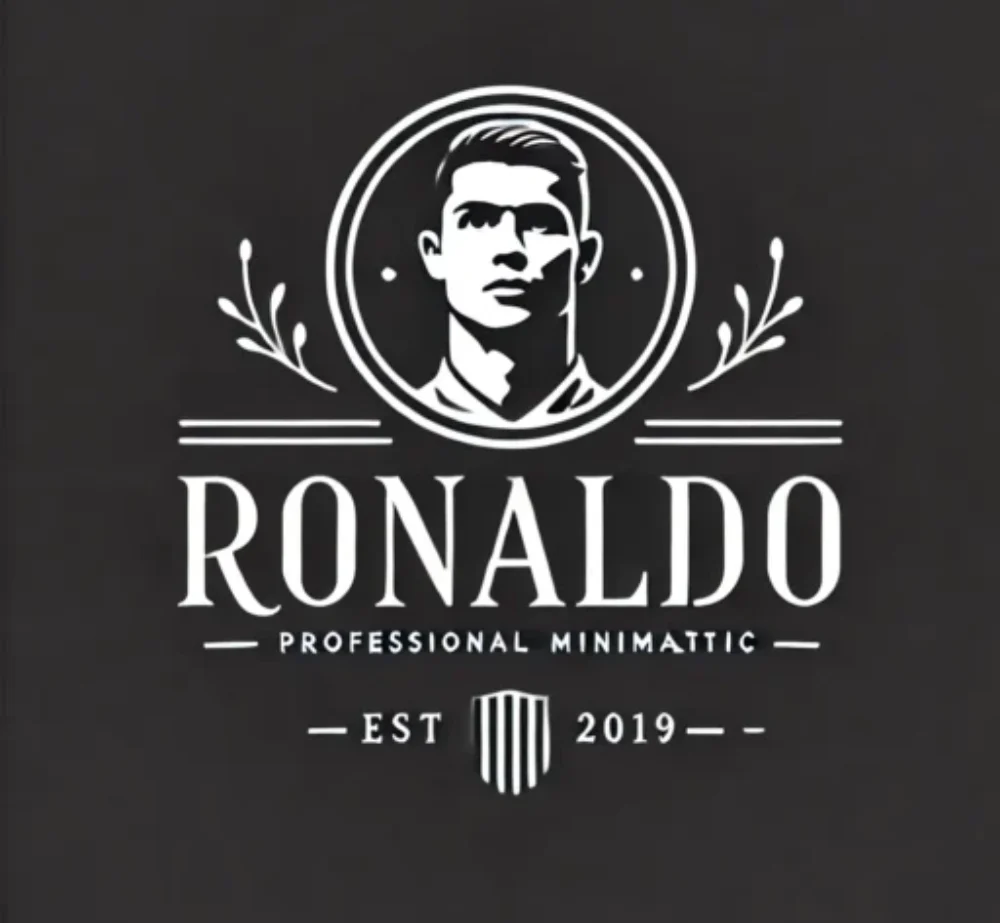Ronaldo
Boycott Israel: Understanding Cristiano Ronaldo’s Statement and Its Impact
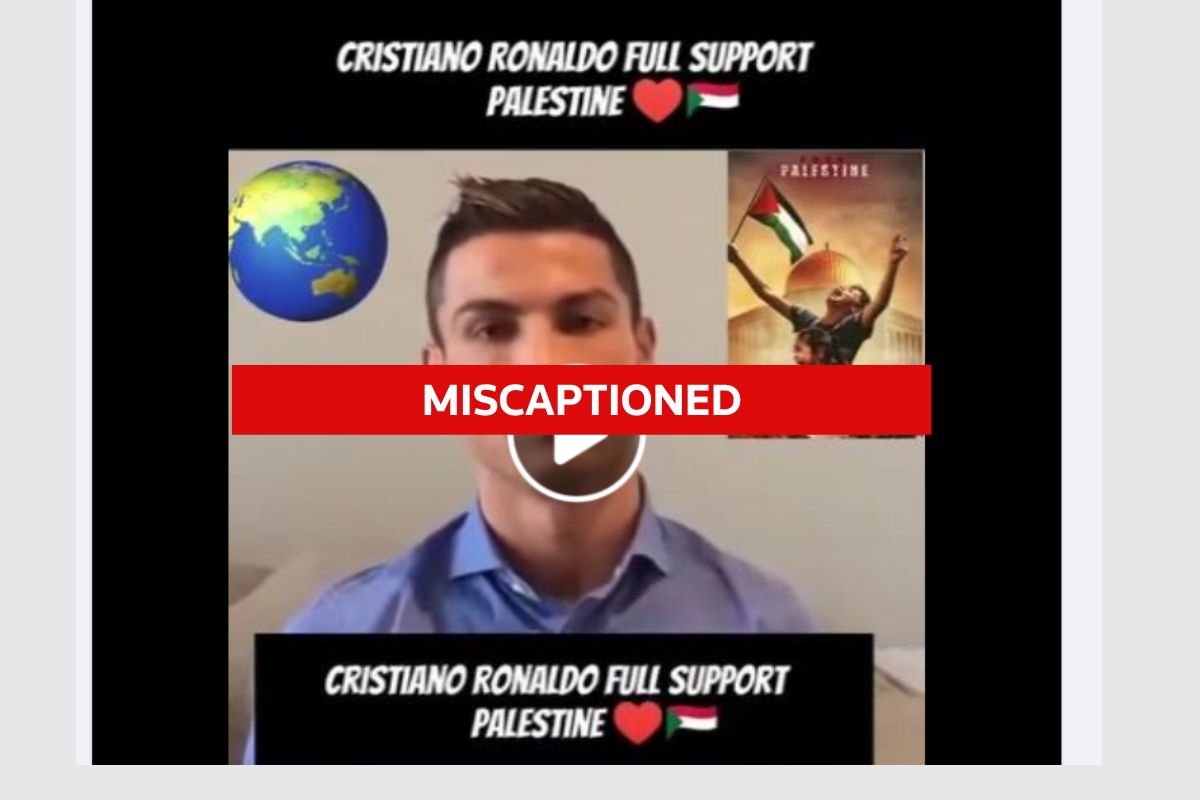
Introduction
Cristiano Ronaldo, one of the most influential athletes in the world, often finds himself in the headlines, not only for his footballing talent but also for his outspokenness on global issues. Recently, his stance regarding the “Boycott Israel” movement has sparked widespread attention. This statement, which touches on complex socio-political issues, has led to a whirlwind of reactions from fans, media, and political leaders worldwide. With millions of supporters globally, Ronaldo’s opinions carry weight, and his words have become a symbol for many who advocate for political and humanitarian causes.
This blog explores Ronaldo’s comments, the context behind the Boycott Israel movement, and the potential impact of his words on the world of sports, activism, and beyond. Whether you’re a fan of Ronaldo, interested in socio-political activism, or curious about the intersections of sports and global politics, this article will shed light on why Ronaldo’s statement resonates with so many. Read more: Boycott Israel Ronaldo Statement
1. The Context Behind Ronaldo’s Statement
Cristiano Ronaldo’s voice often transcends the football field. Known for his charitable acts and humanitarian work, Ronaldo has occasionally commented on social issues and international conflicts. His recent statement, which many interpret as supporting the Boycott Israel movement, has captured global attention and opened a new chapter in the ongoing discussions about athletes and activism.
To understand the significance of Ronaldo’s statement, it’s essential to delve into the Boycott, Divestment, Sanctions (BDS) movement against Israel. BDS is a global campaign that seeks to increase economic and political pressure on Israel, urging them to change policies concerning Palestinian territories. Advocates argue that boycotting Israel, through various means, is a form of nonviolent resistance against perceived injustices toward Palestinians. When Ronaldo expressed sentiments that align with this movement, it wasn’t just a comment; it was a message that resonated with advocates worldwide.
2. The Impact of Celebrity Influence on Social Movements
Ronaldo’s influence is undeniable. With over 500 million followers across social media platforms, his opinions and statements reach audiences in all corners of the globe. Fans and followers see him as a role model, and his words often spark conversations beyond sports. Ronaldo’s position on the Boycott Israel movement demonstrates how athletes can influence public opinion on political issues.
When a celebrity of Ronaldo’s stature voices a stance, it often garners significant attention. For supporters of BDS, Ronaldo’s words offer validation and visibility for a cause that has struggled to gain mainstream support in certain regions. However, his statement also attracted criticism from those who oppose the BDS movement. Some argue that sports should remain separate from politics, while others believe that figures like Ronaldo have a responsibility to advocate for social justice.
The question of whether celebrities should engage in activism has long been debated, but as more public figures speak out, it’s evident that the intersection of fame and activism is here to stay.
3. Why Athletes Are Speaking Out
Over the past decade, sports have become a platform for athletes to express their beliefs. From Colin Kaepernick’s protests during the U.S. national anthem to NBA players supporting social justice movements, the trend of athletes taking a stand on global issues continues to grow. Ronaldo’s statement is part of this larger movement, where athletes use their platforms to speak out about causes they believe in.
Several factors contribute to this trend:
Global Influence of Social Media: Social media allows athletes to connect with fans directly, bypassing traditional media. This gives them an unfiltered voice to discuss issues they care about.
Personal Connection: Some athletes, like Ronaldo, may have personal connections to the issues they address, whether through friends, family, or personal beliefs.
The Rise of Athlete-Activists: With athletes like LeBron James, Megan Rapinoe, and Naomi Osaka making headlines for their activism, more sports figures feel empowered to speak up.
For Ronaldo, making a statement on the Israel-Palestine issue places him alongside other activist-athletes. It also reflects his awareness of the power his words hold and his willingness to use his platform for a cause he deems important.
4. Reactions from Fans and Media
The response to Ronaldo’s statement has been polarizing. Fans, media outlets, and political figures reacted quickly, with a mix of support and opposition.
Supporters’ Reactions: Many fans who support the BDS movement expressed gratitude, hailing Ronaldo as a champion for human rights. For these fans, Ronaldo’s words feel like an endorsement of their beliefs, and his support offers a sense of legitimacy. His message was widely shared on social media, with hashtags related to the Boycott Israel movement trending globally.
Critics’ Reactions: On the other hand, some fans and media outlets criticized Ronaldo, arguing that he should refrain from making political statements. Critics claim that Ronaldo’s position could alienate some of his followers, particularly those who do not agree with the BDS movement. Media outlets and commentators debated whether Ronaldo should involve himself in political discourse, with some suggesting that his statement could impact his sponsorship deals and partnerships in certain regions.
Impact on Ronaldo’s Brand: Ronaldo is one of the most marketable athletes in the world, and his statement could have implications for his brand. Some sponsors and brands prefer to avoid controversy, and Ronaldo’s words may affect potential or existing partnerships. However, many brands have shown increasing tolerance for social and political commentary, recognizing the value of authenticity in their endorsements.
5. The Role of Social Media in Amplifying Statements
Social media plays a crucial role in shaping public perception. For Ronaldo, social media serves as a direct line to his fans, where his statements can reach millions instantly. When he shared his statement, it wasn’t long before hashtags like #BoycottIsrael and #StandWithRonaldo began trending.
In the age of social media, public figures wield tremendous power. Fans often interpret their words as endorsements of political or social causes, and these statements quickly spread across the digital landscape. Additionally, social media provides a space for open dialogue, where supporters and critics alike can share their perspectives.
However, social media can amplify controversies. Misinformation and fake news are prevalent, and statements like Ronaldo’s can easily be misinterpreted. As fans rally behind or against his words, the conversation often spirals, sometimes straying far from the original message.
For activists, social media amplifies the voices of those advocating for causes, giving movements like BDS visibility. However, it also exposes public figures to backlash, with statements scrutinized under a magnifying glass by supporters and detractors alike.
6. The Boycott Israel Movement: A Brief Overview
The Boycott, Divestment, Sanctions (BDS) movement, which Ronaldo’s statement seemingly aligns with, seeks to pressure Israel to alter its policies regarding Palestine. BDS advocates for international boycotts of Israeli businesses, academic institutions, and cultural entities as a form of protest.
Key goals of BDS include:
Ending Israeli Occupation: Advocates want to end Israeli occupation in certain territories, specifically in regions identified as Palestinian by international bodies.
Equal Rights for Palestinian Citizens: BDS supporters call for equal rights for Palestinians living in Israel.
Return of Refugees: BDS also advocates for the right of Palestinian refugees to return to their homes.
The movement has gained support in various regions, particularly among human rights activists. However, it also faces opposition from individuals and governments who view it as a divisive and counterproductive approach. Ronaldo’s alignment with this movement could be interpreted as a strong stance on human rights, though critics argue it risks oversimplifying a complex political situation.
7. How Ronaldo’s Statement Could Shape the Future of Athlete Activism
Cristiano Ronaldo’s statement is likely to have lasting effects, not just for his career but for the world of sports in general. His words symbolize a growing shift where athletes embrace their platforms to advocate for global issues. This change could inspire other players to speak out, using their fame to raise awareness and prompt conversations on critical social topics.
While the impact of Ronaldo’s words is still unfolding, his statement has set a precedent. As more athletes find their voices, the sports industry may need to adapt to a future where activism is inseparable from athletic fame. This shift could lead to greater acceptance of athletes’ social and political expressions, or it may further fuel the debate over keeping sports separate from politics.
Conclusion
Cristiano Ronaldo’s statement on boycotting Israel underscores the powerful role athletes play in shaping public discourse. While his stance has received both support and criticism, it highlights the growing trend of athletes speaking up on social issues. Whether you agree or disagree with Ronaldo, his words bring awareness to the challenges and responsibilities athletes face as global icons. Ronaldo’s statement serves as a reminder that sports, in today’s world, go beyond the field, touching upon deeply rooted social, political, and humanitarian concerns.
Share this content:
Ronaldo
“Ronaldo vs MrBeast: The Clash of Legends in Entertainment”
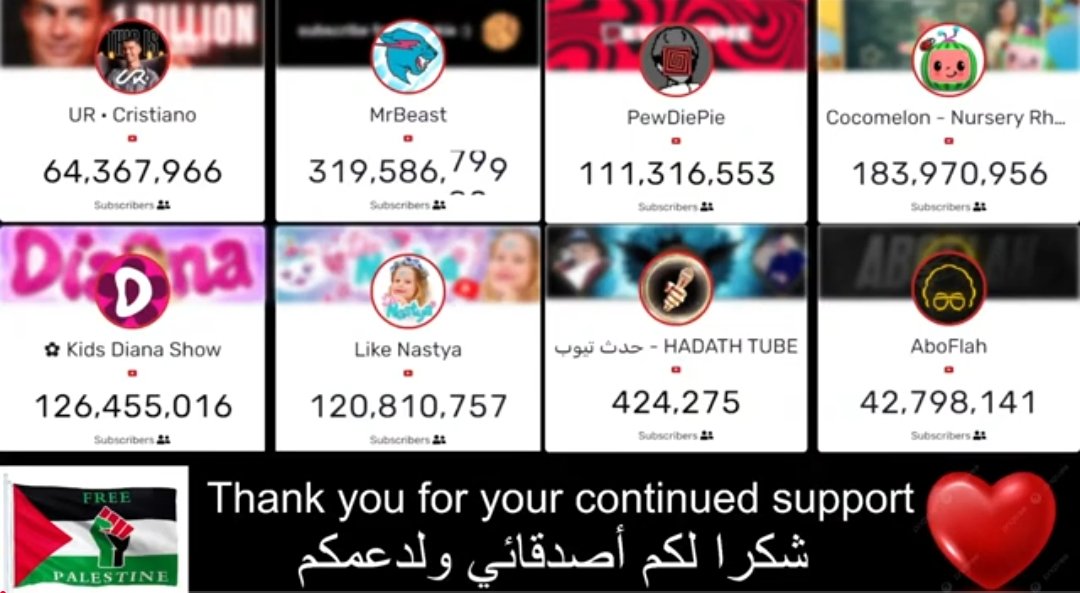
Cristiano Ronaldo and MrBeast excel in different worlds—Ronaldo dominates football with unparalleled skill and records, while MrBeast revolutionizes YouTube with philanthropy and viral content. Both embody dedication and influence, inspiring millions globally. Though their fields differ, their impact highlights the power of talent, hard work, and connecting with audiences worldwide.
“Ronaldo and MrBeast: Icons of Sports and Entertainment”
Share this content:
Ronaldo
The Rise, Fall, and Legacy of Ronaldo Nazário: Football’s Phenomenal Talent
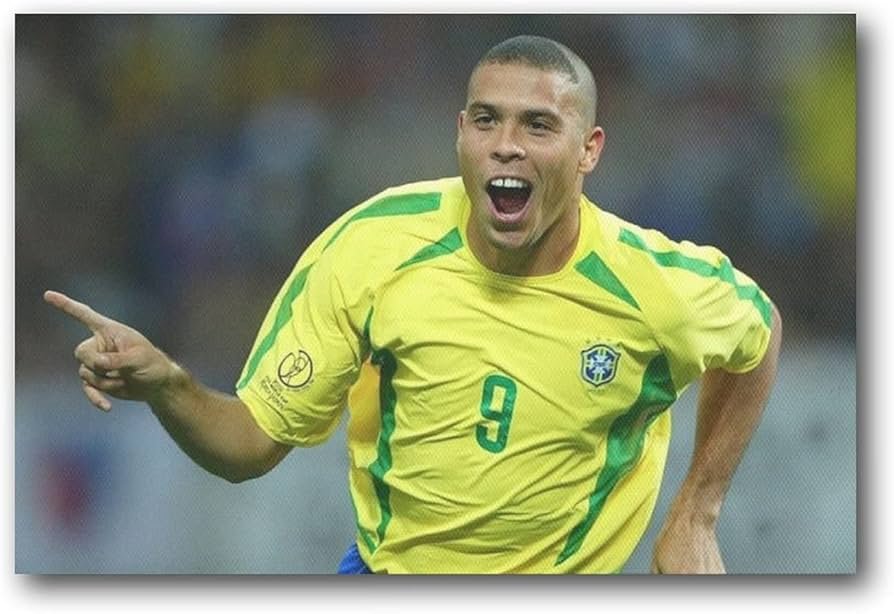
Introduction:
Briefly introduce Ronaldo Nazário, often called “O Fenômeno” (The Phenomenon), and his impact on the world of football. Mention his rare combination of speed, skill, and power, which captivated fans globally and made him a legend.
Early Life and Career Beginnings
Birth and Early Years: Born in 1976 in Rio de Janeiro, Brazil, Ronaldo Luís Nazário de Lima showed an early passion for football.
Youth Career: Highlight his time in Brazilian youth academies, especially his time with São Cristóvão and Cruzeiro, where his talent quickly caught attention.
First Professional Success: Detail his achievements at Cruzeiro, including his impressive goal-scoring ability at such a young age, and the international interest it sparked.
European Rise: PSV Eindhoven and FC Barcelona
PSV Eindhoven: Describe how Ronaldo joined PSV at just 17 and quickly adapted to European football, finishing as the league’s top scorer in his first season.
FC Barcelona: Talk about his record-breaking transfer to Barcelona, his incredible goal-scoring season, and his evolution into a global superstar.
Memorable Moments: Highlight some of his unforgettable goals at Barcelona, showcasing his dribbling and shooting abilities.
The Inter Milan Years: Triumph and Tragedy
Joining Inter Milan: Detail his move to Italy, the expectations placed upon him, and his success in Serie A, which was then one of the toughest leagues in the world.
The Phenomenon in Italy: Explain how he became known as “Il Fenomeno” and his incredible performance at Inter, including winning the Ballon d’Or in 1997.
Injuries and Struggles: Talk about his devastating knee injuries, surgeries, and the challenge of recovering at such a critical stage of his career.
The Redemption Arc: 2002 World Cup Glory
Return to the National Team: Explain his journey to return to full fitness and make it back to the Brazilian national team for the 2002 World Cup.
2002 World Cup Performance: Describe his incredible comeback, leading Brazil to victory, scoring eight goals, and claiming the Golden Boot.
Legacy of the 2002 World Cup: Highlight how this World Cup cemented his status as one of the greatest players of all time.
Real Madrid and the Galácticos Era
Joining Real Madrid: Describe his transfer to Real Madrid as part of the club’s “Galácticos” project.
Impact at Real Madrid: Discuss his successes at Madrid, including winning La Liga and his memorable performances alongside stars like Zidane, Figo, and Beckham.
Injuries and Decline: Touch upon his recurring injury issues that continued to affect his form during his time in Spain.
Later Years and Retirement
AC Milan and Return to Brazil: Mention his move to AC Milan and subsequent return to Brazil with Corinthians, showing his resilience and passion for the game.
Final Days and Retirement: Discuss his retirement in 2011, reflecting on his decision and his farewell to football.
Ronaldo’s Legacy and Impact on Modern Football
Influence on Future Strikers: Analyze how his style of play influenced modern forwards, blending power and finesse.
Skill and Technique: Detail his iconic moves, such as the step-over, and his contributions to the development of attacking play.
Recognition and Honors: List his major accolades, including Ballon d’Or wins, World Cup victories, and his ranking among football’s all-time greats.
Conclusion
Summarize Ronaldo Nazário’s journey from a young talent in Brazil to one of the most celebrated players in football history. Reflect on his enduring legacy, how he overcame adversity, and his unique place in the hearts of fans.
FAQs
1. How many Ballon d’Or awards did Ronaldo Nazário win?
He won two Ballon d’Or awards, in 1997 and 2002.
2. What made Ronaldo Nazário unique among other strikers?
His blend of explosive speed, strength, and technical skill set him apart, allowing him to score incredible goals that amazed fans worldwide.
3. Why is Ronaldo Nazário called “O Fenômeno”?
The nickname, meaning “The Phenomenon” in Portuguese, was given to him because of his extraordinary talent and impact on the game at a young age.
4. How many World Cups did Ronaldo Nazário win with Brazil?
Ronaldo won two World Cups with Brazil, in 1994 and 2002.
5. What injuries did Ronaldo Nazário suffer?
He experienced serious knee injuries, particularly ligament tears, which sidelined him for lengthy periods and impacted his career.
Share this content:
Ronaldo
CR7: The Legacy of Cristiano Ronaldo

Cristiano Ronaldo, often referred to by his iconic nickname “CR7,” is not just a name; he represents an era in football that has captivated millions around the globe. With an unparalleled work ethic, extraordinary talent, and an insatiable desire to win, Ronaldo has established himself as one of the greatest football players of all time. This blog will explore his early life, career milestones, achievements, personal life, and lasting legacy in the world of sports.
Early Life and Background
Childhood in Madeira
Cristiano Ronaldo dos Santos Aveiro was born on February 5, 1985, in Funchal, Madeira, Portugal. He is the youngest of four children in a working-class family. His father, José Aveiro, worked as a kit man for a local football club, and his mother, Maria Dolores, was a cook. Ronaldo’s passion for football was evident from a young age, and he began playing for a local team, Andorinha, when he was just eight years old.
The Move to Lisbon
At the age of 12, Ronaldo’s talent caught the attention of Sporting CP, one of Portugal’s biggest clubs. He moved to Lisbon, leaving his family behind to pursue his dream. This move was challenging, as Ronaldo faced the pressures of living away from home and the demands of professional football training. However, he adapted quickly, demonstrating his extraordinary skill and determination on the pitch.
Early Training
Ronaldo’s training regimen at Sporting was intense. He honed his skills and developed his physical attributes, including speed, agility, and stamina. His coaches recognized his potential, and by the age of 16, he made his debut for Sporting’s first team. His remarkable performances in the youth teams caught the attention of several top clubs in Europe.
Professional Career Beginnings
Signing with Manchester United
In 2003, after impressing Sir Alex Ferguson during a friendly match between Manchester United and Sporting CP, Ronaldo signed with the Red Devils. At just 18 years old, he became the first Portuguese player to join the club. His initial years were filled with challenges as he adjusted to the physicality and pace of the English Premier League.
Rise to Stardom
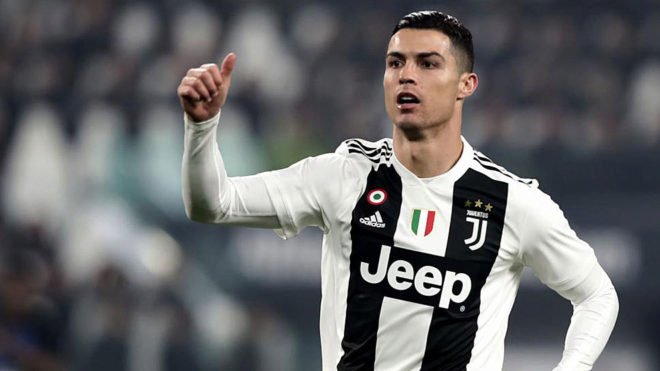
Ronaldo quickly became a fan favorite, dazzling supporters with his incredible dribbling, speed, and flair. His breakthrough season came in 2006-07 when he scored 17 goals in the league, helping Manchester United clinch the Premier League title. The following season was even more remarkable, as he scored 31 league goals, winning both the Premier League and the UEFA Champions League, and earning the prestigious Ballon d’Or.
Achievements with Manchester United
During his time at Manchester United, Ronaldo won numerous trophies, including:
3 Premier League Titles (2007, 2008, 2009)
1 UEFA Champions League Title (2008)
1 FA Cup (2004)
2 League Cups (2006, 2009)
1 FIFA Club World Cup (2008)
His impact at the club was immense, and he developed into one of the world’s best players, earning the nickname “CR7” based on his initials and jersey number.
Move to Real Madrid
Record Transfer
In 2009, Ronaldo made a historic transfer to Real Madrid for a then-world record fee of £80 million. This move marked the beginning of a new chapter in his career, and expectations were sky-high. He wasted no time in proving his worth, becoming the centerpiece of the team.
Unprecedented Success
During his nine-year spell at Real Madrid, Ronaldo achieved unprecedented success, both individually and collectively. He won the following accolades:
2 La Liga Titles (2012, 2017)
4 UEFA Champions League Titles (2014, 2016, 2017, 2018)
2 Copa del Rey Titles (2011, 2014)
3 FIFA Club World Cups (2014, 2016, 2017)
Record-Breaking Goals
Ronaldo’s goal-scoring record at Real Madrid is staggering. He scored a remarkable 450 goals in 438 appearances, making him the club’s all-time leading scorer. His incredible ability to find the back of the net earned him the European Golden Shoe four times while at Real Madrid.
Rivalry with Lionel Messi
Ronaldo’s time at Real Madrid coincided with the emergence of Lionel Messi as his biggest rival. The rivalry between CR7 and Messi captivated the football world, as both players consistently pushed each other to new heights. Their contrasting styles—Ronaldo’s athleticism and physicality versus Messi’s agility and playmaking—made for thrilling debates among fans and pundits alike.
Return to Manchester United
Second Stint at Manchester United
In August 2021, Ronaldo returned to Manchester United after leaving Juventus, where he had continued his impressive form. His return was celebrated by fans and marked a homecoming for the Portuguese superstar. Despite being in the latter stages of his career, Ronaldo remained a potent force on the pitch.
Continued Impact
In his second stint with United, Ronaldo showcased his ability to score crucial goals, quickly becoming the team’s top scorer. He displayed his leadership qualities and experience, inspiring younger players and contributing to the club’s resurgence.
Move to Al Nassr
In January 2023, Ronaldo made a high-profile move to Al Nassr in the Saudi Pro League. This transfer attracted global attention, showcasing the increasing financial power of football leagues outside Europe. Despite being in the twilight of his career, Ronaldo continued to demonstrate his skill and influence on the pitch, helping to raise the profile of football in the region.
International Career
Portugal National Team
Ronaldo made his debut for the Portugal national team in 2003 and quickly established himself as a key player. Over the years, he has represented Portugal in multiple international tournaments, including the UEFA European Championship and the FIFA World Cup.
Major Achievements
Ronaldo’s international career is highlighted by several significant achievements:
UEFA European Championship Winner (2016)
UEFA Nations League Winner (2019)
He became Portugal’s all-time leading scorer and played a pivotal role in the national team’s success. His passion and commitment to representing his country have endeared him to fans and earned him respect worldwide.
Personal Life
Family and Philanthropy
Beyond the football pitch, Ronaldo is a devoted family man. He has four children and often shares glimpses of his personal life on social media. Ronaldo is also known for his philanthropic efforts. He has donated millions to various charities and causes, including children’s hospitals, disaster relief efforts, and cancer research.
Endorsements and Business Ventures
Ronaldo’s popularity has led to numerous endorsement deals with global brands such as Nike, Herbalife, and Clear Shampoo. He has also ventured into business, launching his clothing line, CR7, which includes footwear, underwear, and fragrances. His business acumen has made him one of the highest-earning athletes in the world.
The Legacy of CR7
An Iconic Brand
Ronaldo’s influence extends beyond the football field. He is a global icon and one of the most marketable athletes in the world. His brand, CR7, represents excellence, hard work, and determination, resonating with fans of all ages.
Role Model and Inspiration
As a professional athlete, Ronaldo serves as a role model for aspiring footballers. His relentless pursuit of greatness, dedication to training, and commitment to improvement inspire millions to chase their dreams. Ronaldo’s journey from humble beginnings to football superstardom exemplifies the idea that hard work and perseverance can lead to success.
Records and Milestones
Ronaldo’s records are numerous and impressive. As of 2024, he has achieved:
Most International Goals: Ronaldo is the highest goal scorer in international men’s football, surpassing the 800-goal mark.
Most Goals in UEFA Champions League History: He holds the record for the most goals scored in the prestigious tournament, a testament to his performances at the highest level.
Multiple Ballon d’Or Titles: Ronaldo has won the Ballon d’Or five times, showcasing his recognition as the best player in the world.
Conclusion
Cristiano Ronaldo, or CR7, is more than just a football player; he is a global phenomenon whose impact on the sport is immeasurable. From his early days in Madeira to becoming a football legend, Ronaldo’s journey is a testament to talent, hard work, and unwavering determination. His legacy will undoubtedly inspire future generations of footballers and fans alike.
As we continue to witness his performances on the field, one thing remains clear: CR7 will forever be remembered as one of the greatest players in the history of football, leaving an indelible mark on the sport he loves. Whether scoring goals, breaking records, or inspiring others, Cristiano Ronaldo embodies the spirit of excellence, making him a true icon in the world of sports.
Share this content:
-

 Health6 months ago
Health6 months agoВетеринарная клиника VetCityPets: Забота о вашем питомце на высшем уровне
-
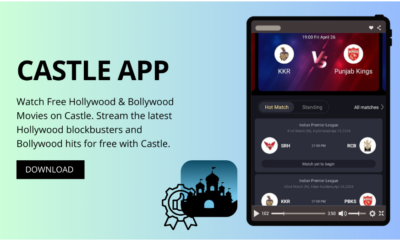
 App6 months ago
App6 months agoExperience Unlimited Entertainment with Castle APK for Android
-

 Business8 months ago
Business8 months agoSnow Day Calculator: How to Predict School Closures
-
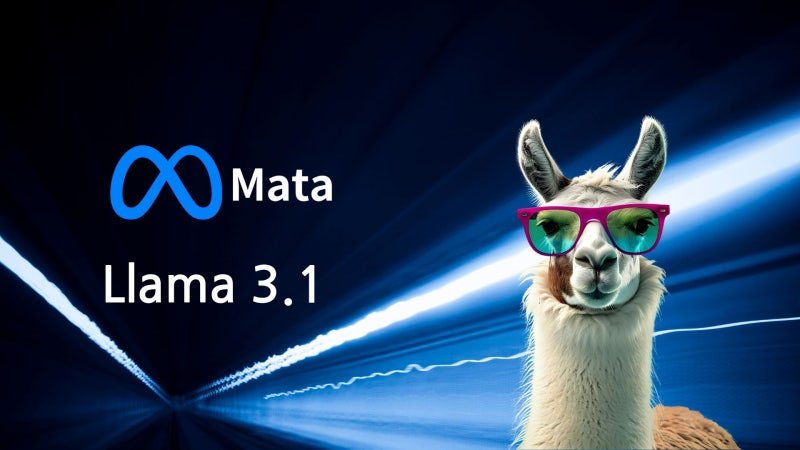
 AI8 months ago
AI8 months agoUnderstanding 라마 3.1: Features, Benefits, and Applications
-

 Business7 months ago
Business7 months agoLand Rover Defender vs. Toyota Land Cruiser: Battle of the Luxury Off-Roaders
-
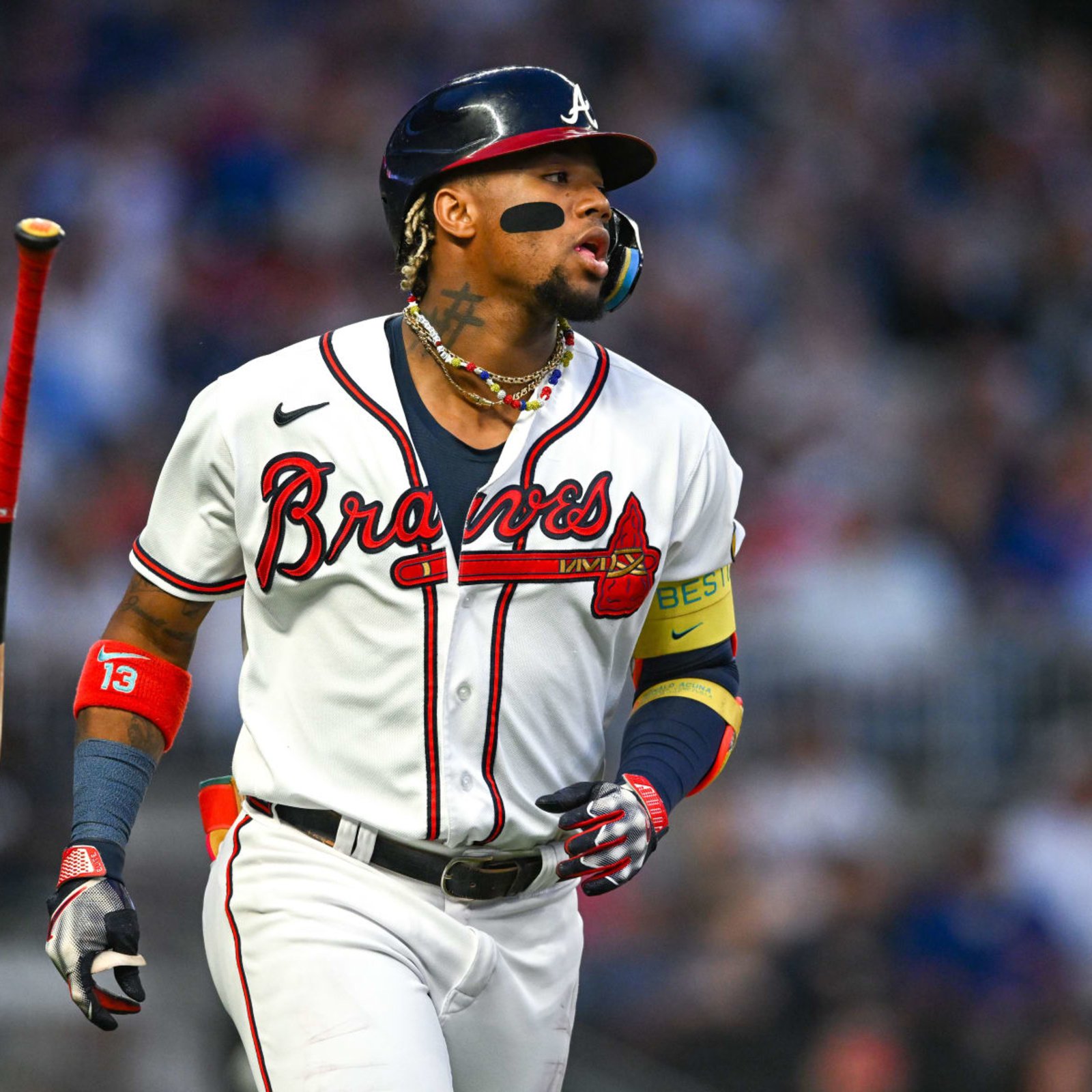
 Ronaldo8 months ago
Ronaldo8 months agoRonald Acuña Jr.: The Rise of a Baseball Superstar
-

 Travel6 months ago
Travel6 months agoExplore Mega-Personal.net Travel Archives: Your Gateway
-

 BLOG8 months ago
BLOG8 months agoThe Ultimate Guide to Becoming a Car Guru: Tips for Car Enthusiasts and Buyers
